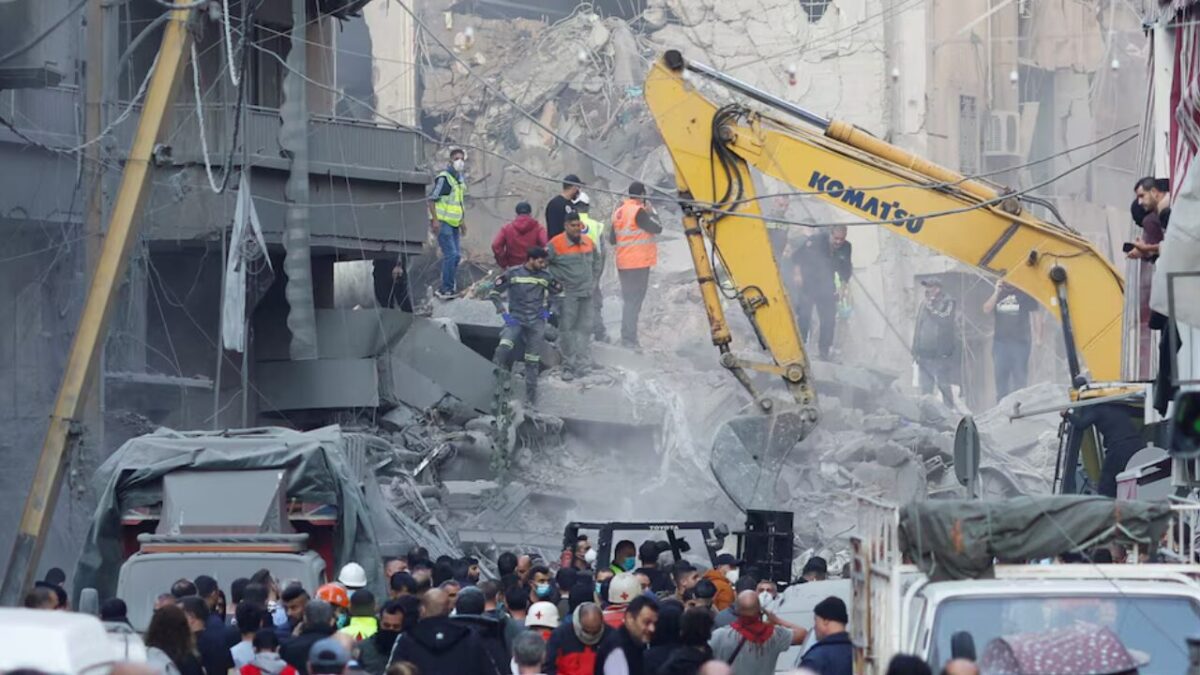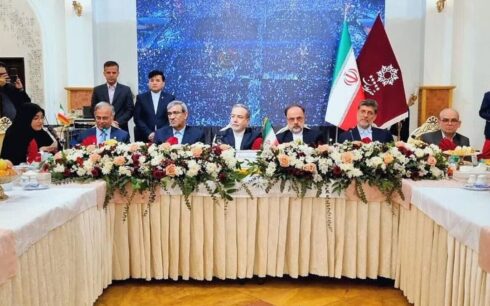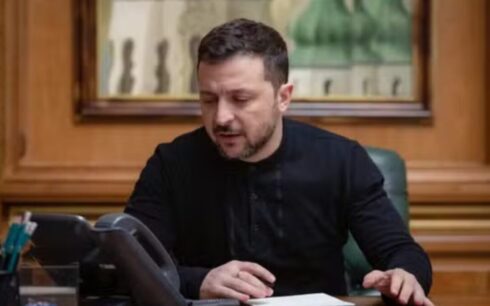A powerful Israeli airstrike struck central Beirut early Saturday, killing at least four people and injuring many others, according to Lebanon’s health ministry.
The attack, part of Israel’s ongoing offensive against the Iran-backed Hezbollah group, reduced an eight-story building to rubble and caused significant damage to surrounding structures.
Lebanon’s National News Agency reported that Israel used bunker-buster bombs in the strike, leaving a deep crater and filling the air with the smell of explosives for hours afterward. The blast shook the city at approximately 4 a.m. local time, with Reuters witnesses reporting that at least four bombs were dropped.
Footage aired by Al Jadeed, a Lebanese television station, showed rescue workers sifting through the debris as shattered glass and dust littered the streets. Witnesses described scenes of chaos and anguish outside hospitals, where victims were being treated for injuries.
“There was dust and wrecked houses, people running and screaming,” said Nemir Zakariya, a man searching for his injured family members. Holding up a photo of his daughter, he added, “My wife is in the hospital, my daughter is in the hospital, my son is hurt—this is what happened.”
The strike marked the fourth Israeli airstrike this week in central Beirut, signaling a shift in strategy from previous attacks that focused primarily on Hezbollah strongholds in the city’s southern suburbs. Last Sunday, an airstrike in the Ras al-Nabaa district killed a Hezbollah media official.
Israel launched its expanded offensive against Hezbollah in September, escalating a year of cross-border hostilities that began after the Gaza war. The conflict intensified when Hezbollah opened fire on Israel in support of its ally Hamas following the October 7, 2023, attack on southern Israel.
Efforts to secure a ceasefire are ongoing. Amos Hochstein, a U.S. mediator, visited Lebanon and Israel this week, holding talks with Lebanese officials on Tuesday and Wednesday before meeting with Israeli Prime Minister Benjamin Netanyahu and Defense Minister Yoav Gallant. Hochstein expressed cautious optimism about progress but warned that significant challenges remain.





